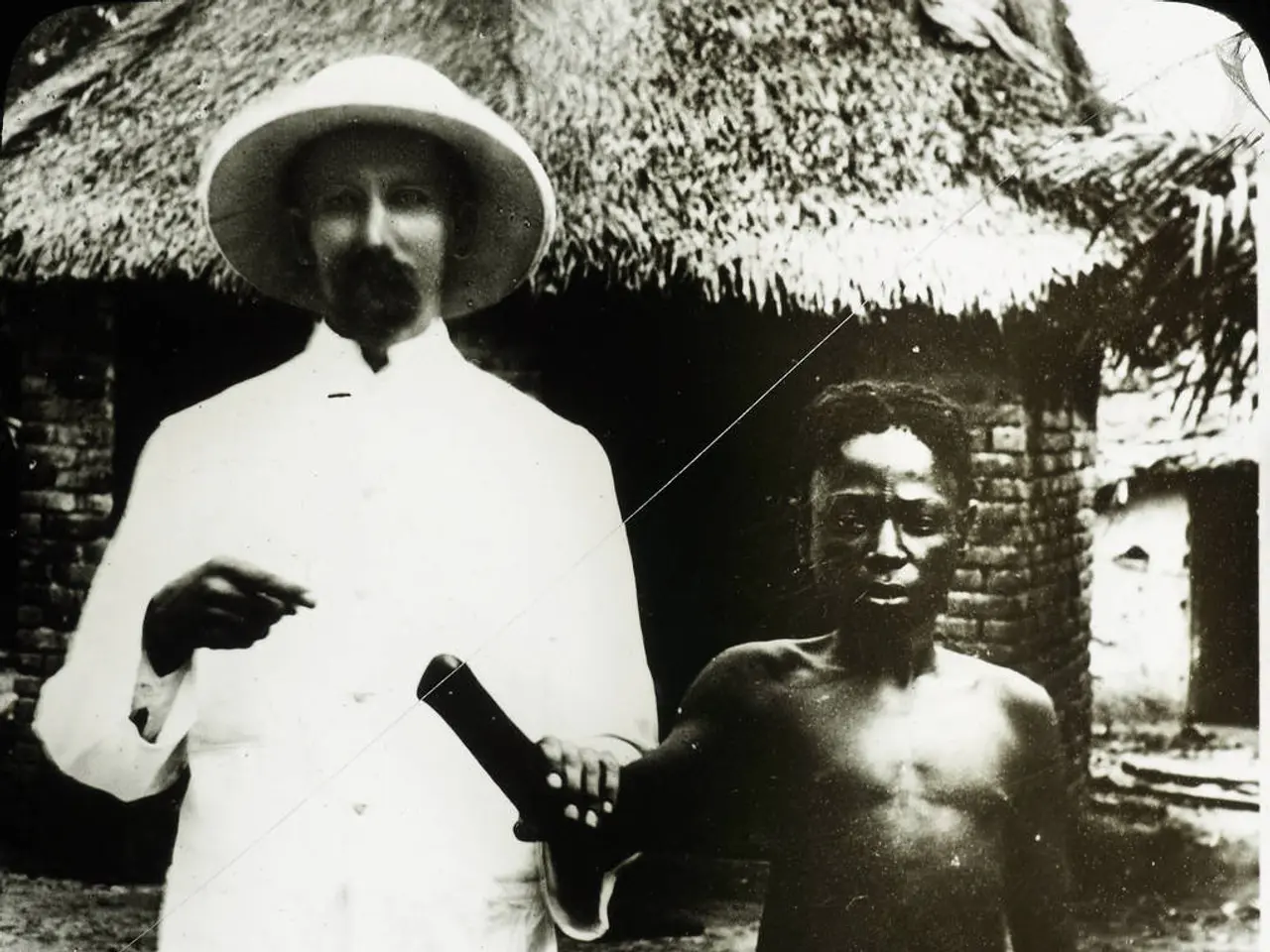Men experience stronger and longer-lasting memory of pain compared to women, according to a recent study.
A groundbreaking study led by Dr. Jeffrey Mogil at McGill University in Montreal, Canada, has revealed significant differences in the way men and women remember pain, which could potentially revolutionise the approach to treating chronic pain.
The research, which involved both humans and mice, found that men tend to remember pain more intensely than women, particularly when experiencing pain for the second time. This heightened memory of pain in males is linked to their anticipation of intense pain, causing stress and increased sensitivity. On the other hand, women do not seem to exhibit this pattern, which could explain their reduced response to repeated pain.
In the study, the participants were subjected to mild pain followed by intense pain. For humans, this was achieved by applying heat to their skin and wearing a tight blood pressure cuff for 20 minutes. For mice, a temporary stomach ache was induced by an injection of vinegar.
The findings suggest a potential new approach to chronic pain treatment by targeting the memory of the pain. The drug Zeta Inhibitory Peptide, when administered to mice, blocks the memory of pain, resulting in a removal of the males' increased response to pain. This drug could potentially be used in humans for chronic pain treatment.
The study also highlights several factors that contribute to the difference in pain memory between the genders. Biologically, hormonal differences, such as estrogen and testosterone levels, play a role in pain perception. Psychologically, stress and anxiety levels, as well as personality traits, can influence pain recall. Societally, gender bias and stereotypes can impact how pain is communicated and perceived.
Healthcare providers may harbour implicit biases that affect pain management, with women often being less likely to receive painkillers and more likely to have their pain dismissed as psychosomatic. Traditional gender roles and stereotypes can also influence how pain is communicated, with women more likely to express pain due to societal expectations, while men may be discouraged from doing so.
Understanding these differences is crucial for improving pain management strategies for both genders. This research not only sheds light on the complex interplay of biological, psychological, and societal factors influencing pain memory but also offers a potential new avenue for treating chronic pain. Instead of attacking the pain directly, the focus could shift to targeting the memory of the pain, providing a promising direction for future research in the field of pain management.
In the field of health-and-wellness and mental-health, this groundbreaking research has uncovered that the memory of pain in men tends to be more intense, particularly when experiencing pain more than once, which could have significant implications for future chronic pain treatment through using drugs like Zeta Inhibitory Peptide that target the memory of pain. Additionally, the study has illuminated several factors contributing to the differences in pain memory between men and women, including hormonal differences, stress & anxiety levels, personality traits, societal influences, and potential implicit biases among healthcare providers. By addressing these factors, there is an opportunity to revolutionize pain management strategies for both genders in the future. Technology, science, and research will play a crucial role in this advancement, offering a promising direction for the future of pain management.




